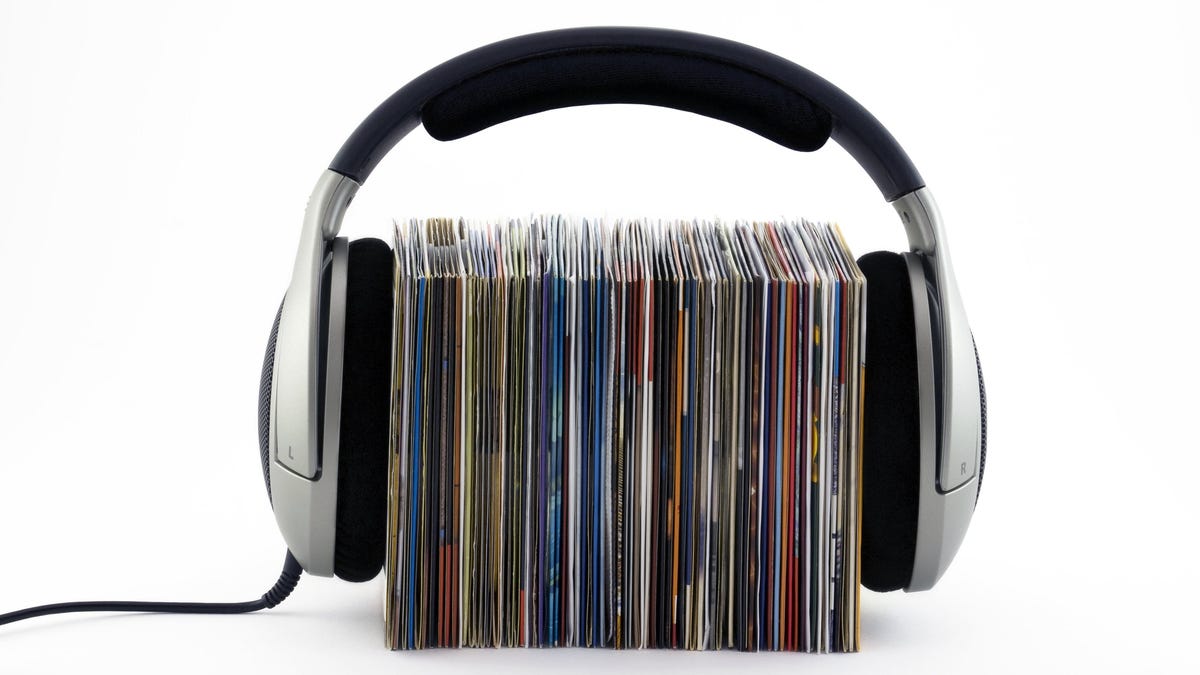"Muso, a research firm that studies piracy, concluded that the high prices of streaming services like Spotify and Apple Music are pushing people back towards illegal downloads. Spotify raised its prices by one dollar last year to $10.99 a month, the same price as Apple Music. Instead of coughing up $132 a year, more consumers are using websites that rip audio straight out of YouTube videos, and convert them into downloadable MP3 or .wav files.
Roughly 40% of the music piracy Muso tracked was from these “YouTube-to-MP3” sites. The original YouTube-to-MP3 site died from a record label lawsuit, but other copycats do the same thing. A simple Google search yields dozens of blue links to these sites, and they’re, by far, the largest form of audio piracy on the internet."
The problem isn’t price. People just don’t want to pay for a bad experience. What Apple Music and Spotify have in common is that their software is bloated with useless shit and endlessly annoying user-hostile design. Plus Steve Jobs himself said it back in 2007: “people want to own their music.” Having it, organizing it, curating it is half the fun. Not fun is pressing play one day and finding a big chunk of your carefully constructed playlist is “no longer in your library.” Screw that.



Is this guy a boomer or a zoomer? It sure seems like he doesn’t know that what made Napster great wasn’t really the downloading so much as how it facilitated discovering new music. Looking through other people’s collections while the thing you came for downloaded was amazing.
Edit: I looked it up, Zoomer
Napster was not great for discovery. These were the days of 56k modems. Even with 128k mp3s it took a while to download a song. Idk, maybe I used it differently, but Napster was definitely a “look for specific song” application.
Discovery came later with Kazaa and DC++ and the beginnings of broadband.
Once you found the song and started downloading it you had plenty of time to browse the rest of the library of the person you were downloading from. That could lead to finding stuff you never heard of that you would like. The only catch was that you couldn’t listen to it immediately, but you could Google what you found to get an idea of what it was and go from there.
Google was not really popular in 99-01, nor did modems have the bandwidth to do two things at once effectively. How would you “get an idea”? Streaming audio barely existed outside of some RealPlayer things.
If your comment was about Kazaa, I’d agree. It’s about Napster which puts it about 5 years off imo.
Nah, Google was a thing by the time Napster was around. If you were hip enough to know about one you probably knew about the other. You’d get an idea by figuring out what genre the artist was, reading reviews, just seeing where discussion was taking place. Not by listening to it, you’d have to queue it up to download and wait while hoping your source didn’t go offline before it downloaded. And yes, even at 56k you could load and read text while downloading MP3s, it was just slow.
I dunno, I was active in piracy at this time and many, many more people knew about Napster than Google. Napster was news worthy in 1999; Google was not. Google is much more of a 00s phenomenon. You’ve got 9/11 between the two. Napster happened before all that.
It could be all in how I used it, but I’d herald the beginning of discovery right there with the widespread availability of 5Mbps cable broadband in the US, so early 00s, right there with the rise of Google. Napster is a bit early for that IMO. I understand you could but most people didn’t as 56k speeds really limited discovery by library browsing, not to mention poor tagging / file name etiquette.
By the time DC++ had risen in popularity, around 03-04, this was prime time library browsing piracy times.
Eh, whether or not we agree or disagree, it was fun to recall the early days of my journey. Have a good one.